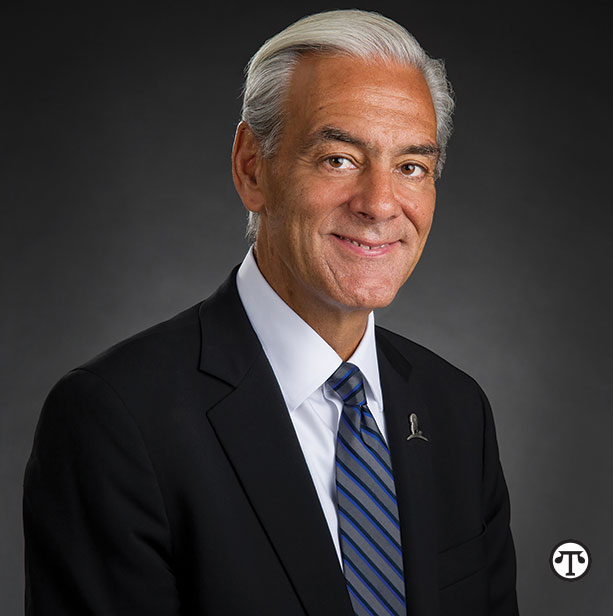
(NAPSI)—We don’t have to ask what Martin Luther King Jr. would say to us, if he’d lived to see this moment in our history.
We don’t have to ask because we know.
Love, he’d say.
It defeated the dogs and bombs and water hoses. It beat the bullies with their badges and unjust laws. It overcame, even, that other great threat to the civil rights movement of the 1960s—the “silence of the good people,” as Dr. King put it.
Surely it would work against what ails us now in this polarized, divisive world, regardless of our political viewpoints. Love, respect, dignity, justice, equality—these are uniters, not dividers.
Love, he’d say. Fierce and relentless. Organized and mobilized. Impatient, if patience means waiting for change already too late in coming. Unyielding, if to yield means abandoning the moral high ground in the name of playing it safe. For love never fails.
Love is the most powerful force in human history, and Dr. King’s revolution of nonviolence its purest distillation.
Think, though, of how he wrote and talked about his philosophy—not like a pacifist on the sidelines, but a warrior on the side of right. He wrote of “an army that marches under the banner of nonviolence,” and of “nonviolent soldiers” engaged in a courageous and heroic fight.
Those words are from Dr. King’s 1964 book, “Why We Can’t Wait.” In the same work, in some of his most eloquent prose, he wrote:
“Nonviolence is a powerful and just weapon. It is a weapon unique in history, which cuts without wounding and ennobles the man who wields it. It is a sword that heals.”
A sword that heals.
Study that: a weapon, wielded with love, aimed not at hate’s head but its heart. Because hate seeks to demean, to demoralize, ultimately to destroy. But love aims to change. Remember Dr. King’s great admonition: “Hate cannot drive out hate; only love can do that.”
Love wants safe and healthy children, equal justice for all, freedom, equal opportunity regardless of our circumstances, and civil discourse to bridge our vast divides. What American wouldn’t?
Yet where are we, as a country, in 2018? Too often unable to talk, unwilling to act, comforted in our echo chambers.
We don’t sit and talk through our differences. We can’t, or we won’t. We’ve walled ourselves off from each other, lacking empathy for those who may see the world differently from us, or look or act differently.
Where, Dr. King might ask, is the love? Where is the belief that a cause with right on its side can slay any foe? Where is the urgency to act now?
As he wrote from the Birmingham city jail in 1963, “Injustice anywhere is a threat to justice everywhere,” and, “There comes a time when the cup of endurance runs over, and men are no longer willing to be plunged into the abyss of despair.”
As he preached from a Memphis pulpit, on the eve of his assassination on April 4, 1968, “For when people get caught up with that which is right and they are willing to sacrifice for it, there is no stopping point short of victory.”
On this, the 50th anniversary of his death, we don’t have to ask what Dr. King would say to us now. We know.
He’d say to stop shouting and really listen.
He’d say to stand on the side of right, and then start marching, knowing this: “You only need a heart full of grace, a soul generated by love.”
He’d say to keep marching, with that love that won’t take hate for an answer, until we reach the Promised Land.
- Richard Shadyac, Jr. is president and CEO of American Lebanese Syrian Associated Charities, the fundraising and awareness organization for St. Jude Children’s Research Hospital. He turned 11 on the day Dr. King was killed.
“Love is the most powerful force in human history, and Dr. King’s revolution of nonviolence its purest distillation, says Richard Shadyac, Jr., president and CEO of American Lebanese Syrian Associated Charities, the fundraising and awareness organization for St. Jude Children’s Research Hospital. http://bit.ly/2JAh6AK”
